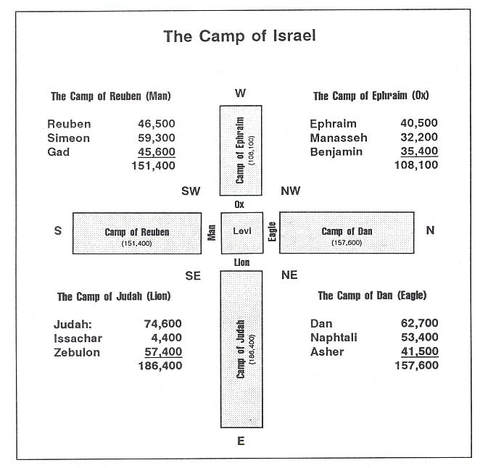Our Hebraic Roots-The Key to Understanding End-Time Prophecy
How to Interpret Your Bible
Taken from Knowing Your Bible, the mandatory church training series for Assembly of God teachers and leaders around the world, Gospel Publishing House.
Chapter 11 “How to Interpret Your Bible”
- To accept the literal meaning of words and statements in their normal, usual, customary, proper designation.
- That the Bible must be interpreted in the light of times in which it was written.
- A knowledge of the culture and history of the people is necessary for proper understanding,
- taking into account the time of writing,
- the reason it was written,
- and the circumstances of the writer.
- Scripture interprets Scripture.
- This rule provides guidance to keep interpreters from doctrinal error.
- Avoid reading out of context.
- Also, there is progressive revelation.
- God did not reveal everything to man in the beginning.
- Even though it is all in the Bible, it is the Holy Spirit who reveals truth at His discretion, and
- He has saved the best for the Last Generation!
- After we take the Bible literally,
- (unless it is obvious that it means something else - ex.: the arm of the Lord is not saying God has a physical body like ours but rather to call attention to God’s power in terms we can comprehend), we then look for the future picture it represents.
The Holy Spirit is the Church’s Teacher
(John 15:26; 16:13-14; 14:26)As the Author of Scripture, He can illumine the student’s understanding as he searches God’s Word (read again 1 Corinthians 2:10-16). Relying on the Holy Spirit, however, is not to be regarded as a substitute for the sometimes arduous work of delving into the true meaning of God’s Word. As J.I. Packer says, “The Spirit is not given to make Bible study needless, but to make it effective.”
(2 Tim 2:15) “We must study (with diligence) to show ourselves approved unto God. A worker who does not need to be ashamed.”
(Eccl 1:4-7 NKJV) (4) One generation passes away, and another generation comes; But the earth abides forever. (5) The sun also rises, and the sun goes down, And hastens to the place where it arose. (6) The wind goes toward the south, And turns around to the north; The wind whirls about continually, And comes again on its circuit. (7) All the rivers run into the sea, Yet the sea is not full; To the place from which the rivers come, There they return again.
(Eccl 1:9-11 NKJV) That which has been is what will be, That which is done is what will be done, And there is nothing new under the sun. {10} Is there anything of which it may be said, “See, this is new”? It has already been in ancient times before us. {11} There is no remembrance of former things, Nor will there be any remembrance of things that are to come By those who will come after.
Hebraic Roots
So, what do we mean by “our Hebraic roots”? In order to understand Bible prophecy we need to understand the cultural context in which it was first presented. We can look breifly at the idea of similitudes and types and also the ‘Festivals of the Lord’. There are other areas we need to look into in order to more fully understand God’s prophecies.
Number one, we need to realize that the Bible is God’s inspired word to mankind. There are many proofs for this which we cannot cover at this time, but a study of God’s word and/or the Rev. Crawford’s seminar should convince any sincere seeker. The idea here is not to sell DVD’s, but to encourage a study of the Word of God. When we trust in this book, we will believe that it is written for our learning. God does not want us ignorant of His plan.
Other areas of study might also include:
- The Tabernacle in the wilderness and the Temple of the Lord
- The Levitical offerings
- The Camp of Israel
- The Traditional Jewish Wedding
- Dates and biblical events
 <
*Going Up?^
<
*Going Up?^
